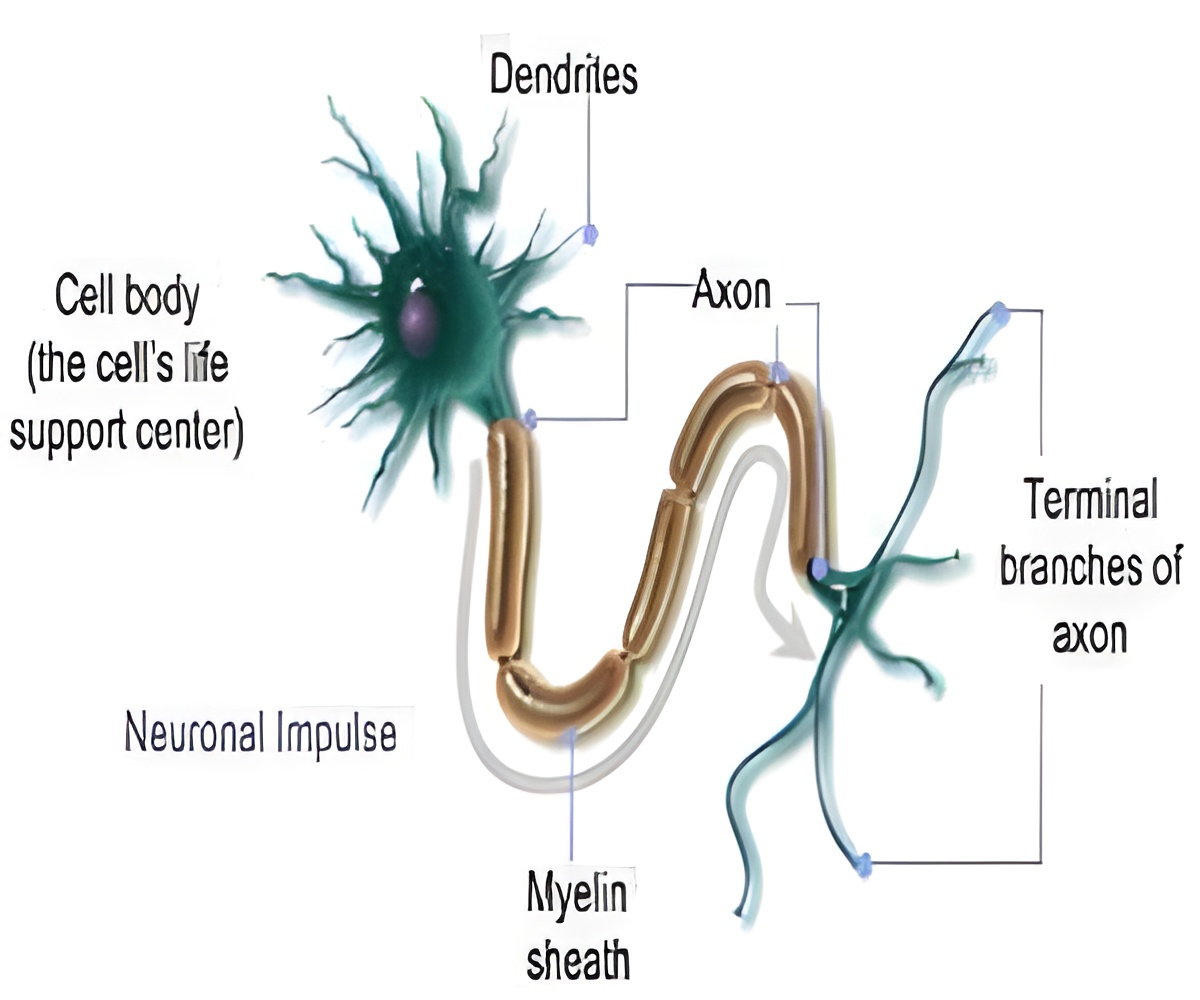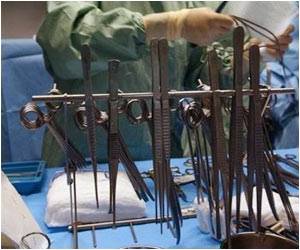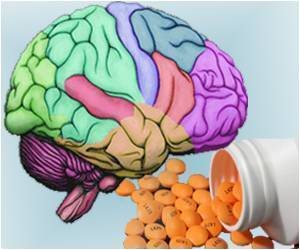
According to the authors, in fiscal year (FY) 2011-2012, the 18 residents in the Department of Neurological Surgery identified five diagnostic laboratory tests that they deemed usually unnecessary. Although frequently performed in critical care patients, tests for serum levels of total calcium, ionized calcium, chloride, magnesium, and phosphorus are unlikely to reveal abnormal findings in neurosurgical patients, and the findings that do appear usually don't lead to a change in treatment plans in these patients.
With input from UCSF neurosurgeons and hospital internists, the residents developed a new set of guidelines specifying when these tests should be ordered. The residents proposed that use of the five tests could be reduced by half and were offered a small financial incentive ($400 per resident) if they could achieve that goal.
The authors recount that in FY 2010-2011, one year before the project, the total number of tests for serum total calcium, ionized calcium, chloride, magnesium, and phosphorus was 45,023 in the neurosurgical service. During FY 2011-2012, this number was reduced 47% to 23,660. Costs of these tests to health care payers and the institution also dropped substantially: there was a $1.7 million reduction in billable charges to health care payers (patients, insurance companies, Medicare/Medicaid) and a $75,000 decrease in direct costs to the medical center (for supplies used in performing the tests).
During the year of the project, quality metrics were carefully monitored to ensure that the quality of care delivered to neurosurgical patients was not compromised by the reduction in tests ordered. These quality metrics included a review of inpatient admissions, average length of stay in the hospital and time spent in the intensive care unit, the 30-day readmission rate, and other patient-related statistics. There was no indication that the reduced number of tests and consequent costs savings had a negative impact on patient care.
In describing the quality improvement program at UCSF, the authors state, "During the 4 years of the program, the medical center has been able to achieve its highest rankings in patient satisfaction, decrease the use of unnecessary laboratory tests, and improve the rates of hand washing and vaccination."
Advertisement
The neurosurgical residents didn't quite make their proposed quota -- a 50% reduction in the number of targeted tests -- and thus they did not receive their financial reward of $400 each. Nevertheless, their accomplishment benefited patients, health care payers, and the hospital.
Advertisement
Source-Eurekalert













